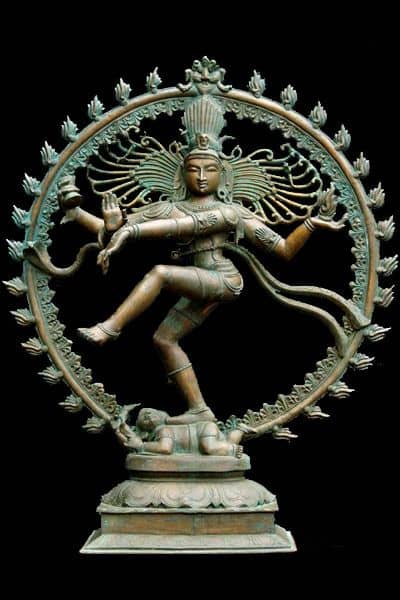
Shrishti (creation), Sthiti (preservation), Samhara (destruction), Tirobhava (illusion),
and Anugraha (salvation).
एकं सद्विप्रा बहुधा वदन्त्यग्निं यमं मातरिश्वानमाहुः
The Truth is one, but the sages and learned ones call it by many names.
Indic Studies
An interdisciplinary approach to Ancient Indian Knowledge Systems
